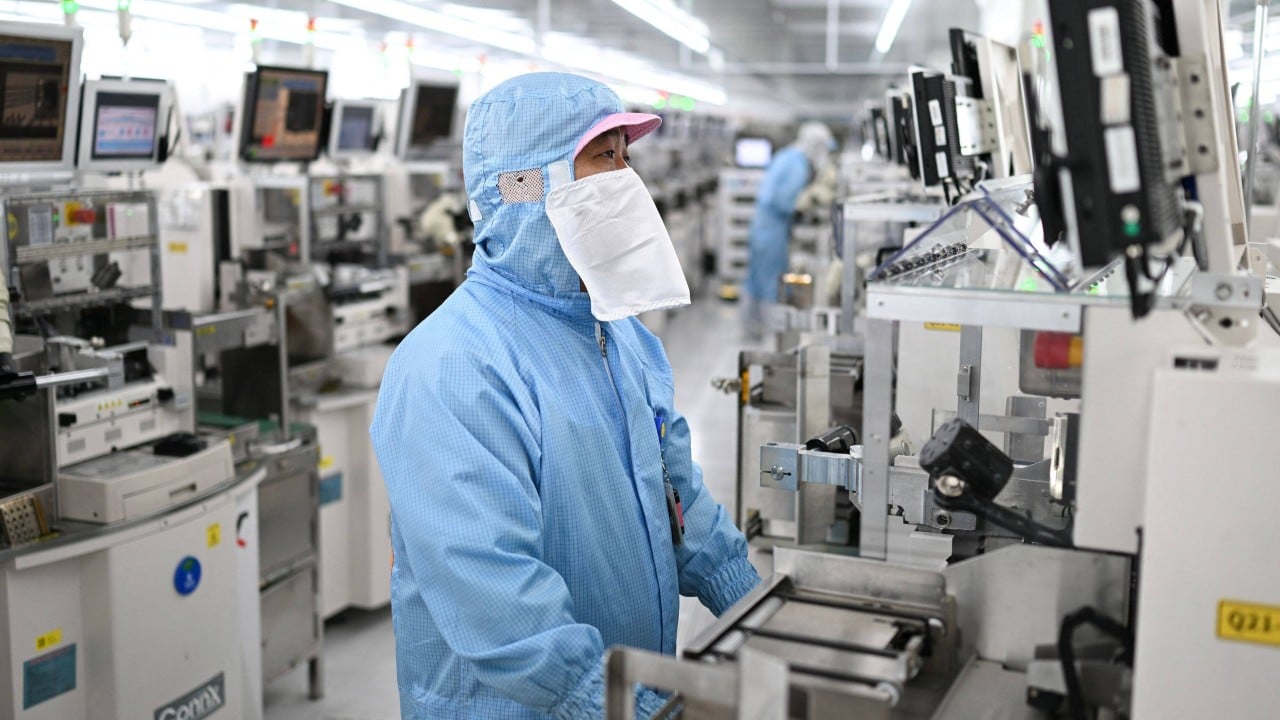A “state-level” testing platform for automotive semiconductors has opened in Shenzhen in China’s latest effort to boost technological self-reliance, as a Sino-Dutch dispute over chipmaker Nexperia puts the global car sector’s supply chains at risk.
Advertisement
The platform, which commenced operations on Tuesday, was jointly established by two state-owned enterprises (SOEs): China Reform Holdings, an investment vehicle focused on industries related to national security and the economy, and research institute China Automotive Technology and Research Centre.
According to the firms’ joint announcement at an industry conference in Shenzhen on the same day, the platform was set up with more than 80 sets of testing equipment as well as 13 laboratories that specialise in functions such as automotive-grade environmental and reliability testing, information security and failure analysis.
The platform marked the first state-backed infrastructure for verifying car-chip standards, bolstering China’s push for “technological self-reliance and self-strengthening” as part of the country’s proposed 15th five-year plan from 2026 to 2030.
The facility would “fully initiate the localisation process of high-end car chips”, according to a separate statement on Wednesday by Shenzhen municipal authorities.
Advertisement
Beijing has doubled down on initiatives to boost the adoption of locally designed and manufactured chips among domestic carmakers over the past several years, as the country grappled with US tech export controls.

